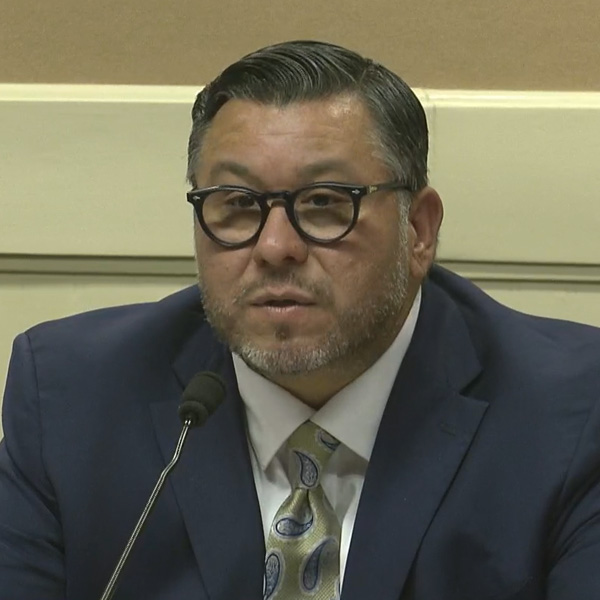Pressure to purchase and run a West Virginia coal-fired power plant poses financial and political complications for Ohio-based FirstEnergy (NYSE:FE).
Analysts participating in the FirstEnergy’s first-quarter earnings conference call Friday questioned whether the company’s regulated West Virginia subsidiary Monongahela Power would purchase the Pleasants Power Station, a deregulated plant the company previously owned that is now struggling to compete in the PJM market and slated for shutdown on May 31.
The Public Service Commission of West Virginia in December asked FirstEnergy to consider approving Mon Power’s purchase of the 44-year-old, 1,300-MW coal plant, located on the West Virginia side of the Ohio River.
FirstEnergy briefly owned Pleasants after buying the Pennsylvania-based utility Allegheny Energy in 2011. But in 2017 it tried to move ownership and operation of the plant from what had become unregulated Allegheny Energy Supply to regulated Mon Power. FERC blocked the move. (See FirstEnergy Shutting Down Unsold Coal Plant.)
The plant is now owned by Maryland-based Energy Transition and Environmental Management, a company that demolishes old power plants and repurposes the sites. ETEM is leasing the plant to its previous owner, Energy Harbor, which will handle shutdown at the end of this month.
Energy Harbor is the company that emerged from the bankruptcy of FirstEnergy’s power plant subsidy FirstEnergy Solutions.
FirstEnergy agreed to review the request from the PSC, but earlier this spring it asked for a subsidy of $3 million/month to cover operating Pleasants for a year while it continues to evaluate whether to purchase and operate it as a regulated facility. Consumer groups and the state’s consumer advocate are opposing the idea.
FirstEnergy CFO Jon Taylor explained the West Virginia situation to analysts during a review of the company’s rate increase plans pending or planned before utility regulators across its 10 electric distribution companies.
“Mon Power proposed an option to enter into an interim arrangement with Pleasants’ current owner that would keep the plant operational beyond its May 31 deactivation date. This would allow the needed time to do a thorough analysis and evaluation as requested by the West Virginia PSC,” he said.
Taylor said the PSC approved the company’s request for the subsidy earlier in the week.
“We will begin negotiations with the plant’s current owner. If we reach an interim agreement that we believe is in the interest of customers and FirstEnergy, we will submit it to the commission. And if approved, this would allow recovery of associated costs through a surcharge. If we can’t reach an agreement that is in the interest of our customers, we will file an update with the commission,” he said.
A complication is that Mon Power and a second regulated FirstEnergy subsidiary, Potomac Edison, already own two other large coal-fired power plants in the state.
If FirstEnergy approves Mon Power buying Pleasants, the company will likely close one of the other plants, said Taylor. “We don’t see it as a viable option for Mon Power to operate three coal-fired power plants in West Virginia,” he said.
FirstEnergy “is moving forward with efforts to support the energy transition across our footprint,” Taylor told the analysts. “And we remain committed to our climate strategy and our goal to achieve carbon neutrality … by 2050.”
The company is planning to build five solar farms in the state with a total output of 50 MW, he said.
An analyst with KeyBanc asked whether the company will face an “impossible situation” and will “pay a political price” in the state if it does not purchase the Pleasants power plant.
Interim CEO John Somerhalder responded that the company is committed to working closely with the state. Noting that the Pleasants plant is newer and equipped with enhanced environmental controls, the request from the PSC is “a good question that needs to be evaluated,” he said.
Somerhalder’s review of the company’s overall financial performance in the first quarter was equally upbeat.
“Despite record-high temperatures across our footprint this winter, we’re off to a good start in 2023 as we continue positioning FirstEnergy for greater resiliency and growth by strengthening our financial position, enhancing our operations and optimizing the customer experience,” he said.
The company reported first quarter earnings of $292 million ($0.51/share) on revenue of $3.2 billion. That compares with earnings of $288 million a year ($0.51/share) on revenue of $3 billion.


